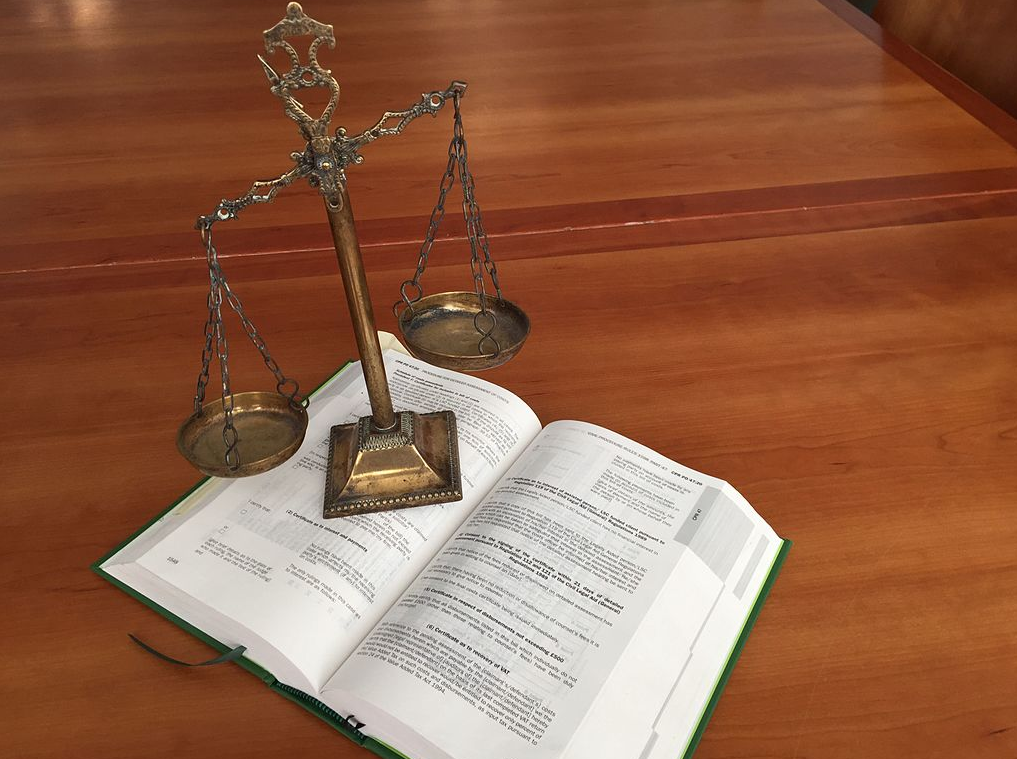Last Saturday, I wrote that Alabama lost its congressional redistricting case because bad precedent stood in the way.
I’m convinced that the failure of the bench, the bar and the public to understand what precedent is supposed to be is one of the biggest problems in the law. Thus, I’ll do my best to explain what precedent was supposed to be as an original matter, how it has been perverted, and what we must do to fix it.
In England, before there was a parliament or even one king over the entire kingdom, there was the common law that the Anglo-Saxons brought with them from Germany. The common law, 17th-century lawyer Sir Edward Coke explained, was the customs of the realm, which included what Christianity taught about law and justice.
Thus, before there were code books or a king, judges had to look to a standard to decide the cases before them. The answer was to look to the customs of the People. Judicial decisions based on those customs were eventually recorded in books, and judges began regarding them as evidence of what the common law was.
This approach was turbocharged when the Reformation came to England. Calvinist eschatology taught that Christians were a redeemed people on a mission from God to redeem not just individual souls but also the entire world. At the same time, the Western world grew fascinated with science (which also had its roots in Christianity).
These two ideas – the religious zeal to redeem the world and the optimism of science – had a profound impact on Sir Matthew Hale, one of the giants of the common law. Hale believed that if Christian judges in England had the opportunity to subject cases to testing the adversarial process (like how science subjects hypotheses to empirical testing), then they could discern how general principles of justice applied to particular cases and establish reliable precedents that deserved to be followed in future cases. Hale’s view eventually prevailed.
So to recap: there were three underpinnings of why precedent was so trusted in the English system that America inherited: (1) because law was often unwritten, judicial opinions were the best evidence of what the customs of the people were; (2) the judges deciding these cases were Christians on a mission from God to redeem the world; and (3) like scientific inquiry, the process of adversarial testing could help judges discern how to take general principles of justice and apply them to specific cases.
Fast-forward to 2023.
Unlike the English common law, America has a written Constitution and an abundance of statutory law. Consequently, there’s less need for judges to produce a written record of what the law is than in the past.
Second, while there is still a high concentration of Christians in America, we certainly cannot say with Hale’s certainty that the country’s judiciary is certainly Christian or has a Christian worldview.
Finally, instead of using adversarial testing to reason from general principles of justice to applications in particular cases, the American judiciary in many cases has reversed the process. Take Roe v. Wade. Instead of deducing from the Constitution and American history that there is no right to abortion in the Constitution (which is what the dissenters did), the majority took a bunch of particular principles on an incredibly unscientific joyride, extracting a general principle that resulted in the deaths of 60 million people.
Let’s also not forget that judges take an oath to uphold the Constitution itself, not what the courts have said about the Constitution. Thus, it naturally follows that if the Constitution conflicts with precedent, then precedent should not be followed. That is especially true since we have abandoned the reasons why precedent was respected in the first place.
That is not to say that precedent has no value. Like Justice Clarence Thomas, I believe precedent should be presumed correct for the sake of order. But if a party can show that precedent conflicts with the law, then that precedent should be abandoned.
Unfortunately, the U.S. Supreme Court looks at a variety of other factors today when determining whether a precedent should be overruled instead of simply asking whether it’s wrong. My hope is that the bench and bar eventually develop a deeper understanding of why we have precedent and when we should not follow it. If we do, then hopefully we can avoid decisions like the redistricting case, where the Court holds the contradictory position that racial discrimination is unlawful but that we sometimes need to engage in racial discrimination just because precedent says so.
Matt Clark is the President of the Alabama Center for Law and Liberty, a conservative nonprofit law firm that fights for limited government, free markets, and strong families in the courts. His column appears every Friday in 1819 News. The opinions expressed in this column are those of the author. The views and opinions expressed here are those of the author and do not necessarily reflect the policy or position of 1819 News. To comment, please send an email with your name and contact information to Commentary@1819News.com.
Don't miss out! Subscribe to our newsletter and get our top stories every weekday morning.










